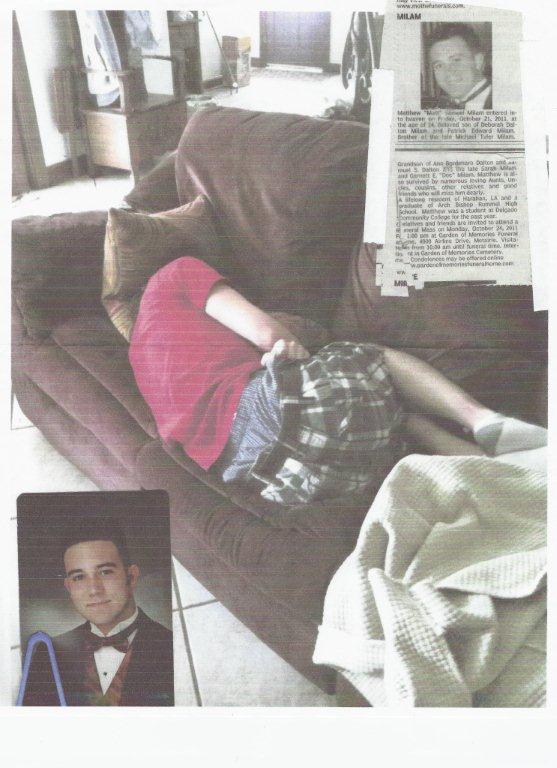
Wayne LaPierre, executive vice president of the National Rifle Association, has recommended that we put armed security guards in our schools. He’s made several stigmatizing and hurtful statements about persons with mental illnesses. I’d enjoy hearing your responses. Here are mine.
1. It would cost several billion dollars to put armed guards in every school. If we are going to spend that much public money, let’s do it to improve our mental health care system. Let’s fund mental health screening and educational programs that combat stigma by teaching students that getting a mental illness is nothing to be ashamed of.





